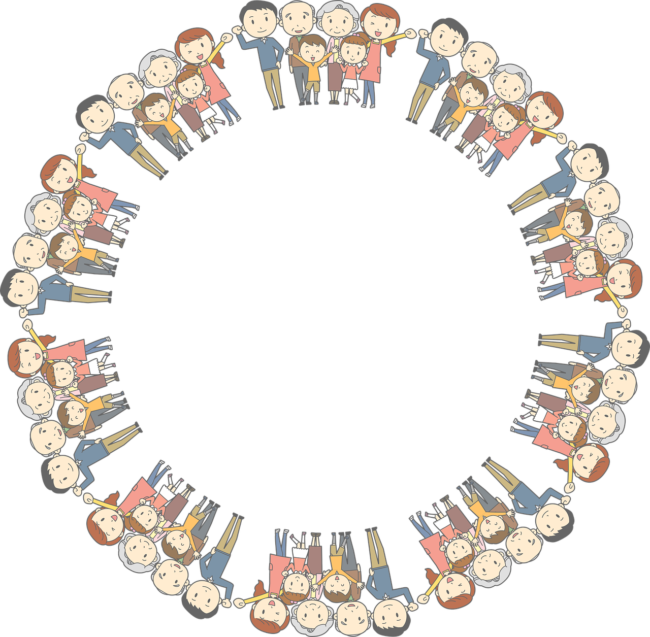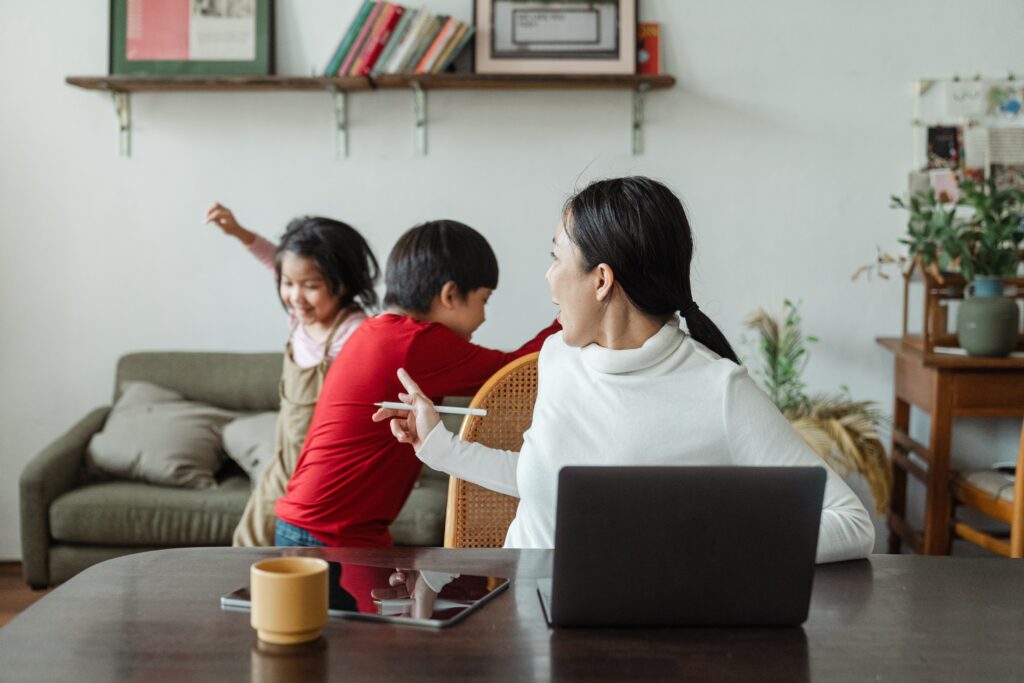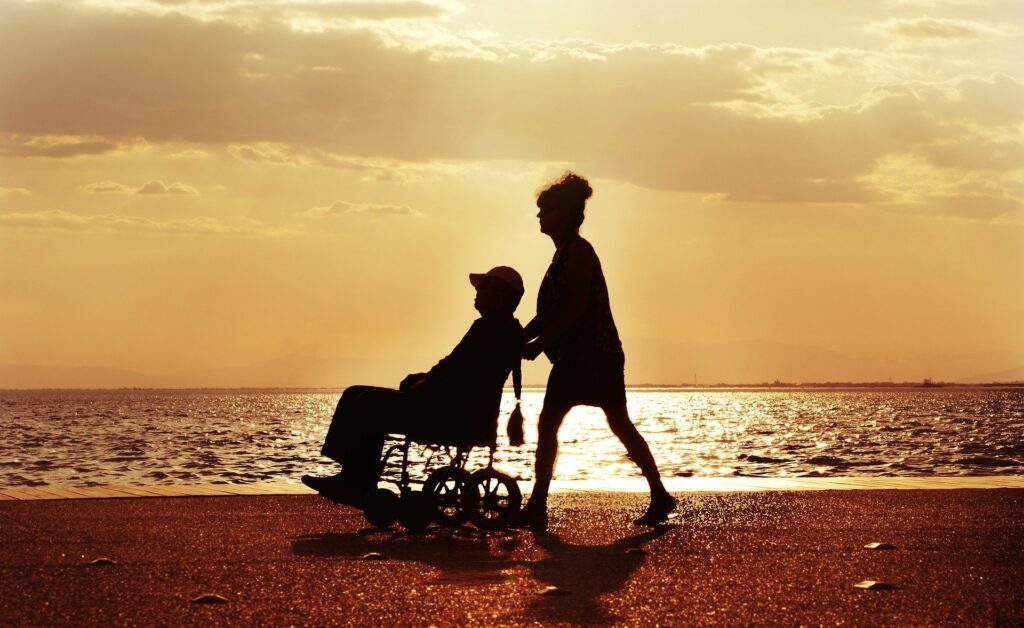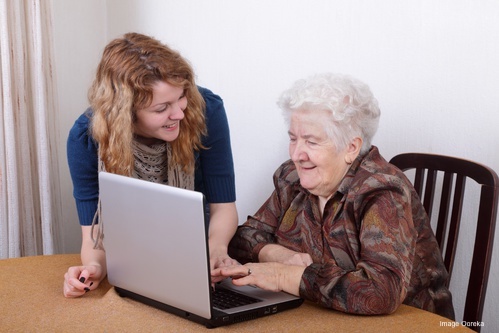MMM connects gender pension gap and mothers’ ability to receive long term care in old age
11.05.22

Our contribution to the EU Commission’s Call for evidence: “Access to affordable and high-quality long-term care”
The COVID-19 pandemic has highlighted the need to strengthen the European care economy. To ensure that carers and people in need of care are supported and empowered and to better implement the European Pillar of Social Rights, the European Commission has proposed a new European care strategy. Make Mothers Matter contributed to the EC Call for evidence to aid the development of the strategy. Improving the provision of long term care is a central goal of the strategy. The affordability of long-term care for women is a central concern for MMM.
 Affordability of long-term care is an especially urgent issue for women given gender pension gaps and women’s longer life expectancy compared to men’s. A major contributor to the gender pension gap is the fact that women are more likely than men to leave the work force or work part-time in order to care for family members. Re-valuing part-time work and ensuring access to minimum pension for both parents, would help to close this gap. The availability and affordability of retirement saving plans should also be increased in sectors predominantly employing women. These plans should include automatic enrolment and provide financial incentives for women to join.
Affordability of long-term care is an especially urgent issue for women given gender pension gaps and women’s longer life expectancy compared to men’s. A major contributor to the gender pension gap is the fact that women are more likely than men to leave the work force or work part-time in order to care for family members. Re-valuing part-time work and ensuring access to minimum pension for both parents, would help to close this gap. The availability and affordability of retirement saving plans should also be increased in sectors predominantly employing women. These plans should include automatic enrolment and provide financial incentives for women to join.
MMM advocates for a “care credit”system for both men and women that would ensure that parents who take time away from work to care for children can still collect pension credits during that time. France, Germany and the UK already have such systems in place.
Such a structure could even be expanded beyond the family sphere to include anyone who takes justified time off to care for friends or neighbors. This would incentivise carers while reducing costs to the state, since in-home care is typically cheaper than state care. It also gives the care recipient an easier option for receiving care in their own home.
reducing costs to the state, since in-home care is typically cheaper than state care. It also gives the care recipient an easier option for receiving care in their own home.
Furthermore, given the high rates of divorce and the number of unmarried couples in the EU, Member States’ systems for survivor’s pensions should also be reformed to prevent social exclusion of older women and better respond to evolving social trends.
 MMM also advocates for innovative intergenerational cohousing initiatives, which allow costs to be shared between all people sharing a home. In such housing situations, older generations can support young parents and vice-versa. This also decreases loneliness in older people and strengthens social bonds within communities.
MMM also advocates for innovative intergenerational cohousing initiatives, which allow costs to be shared between all people sharing a home. In such housing situations, older generations can support young parents and vice-versa. This also decreases loneliness in older people and strengthens social bonds within communities.
The EU needs to develop a more holistic definition of work, where paid and unpaid care work are both recognised. Unpaid care work is essential work and its providers should have access to social rights. With these recommendations, MMM strives to help the EU Commission to bring about social systems in Member States where carers and those in need of care are empowered and supported.
The New EU Gender Equality Roadmap : A Call for Inclusion of Mothers
04.03.25
The European Commission’s initiative on a new Gender Equality Roadmap post-2025, marks a significant step forward in addressing gender disparities across the European Union. Make Mothers Matter (MMM
Breaking the Cycle: Gender Equality as a Path to Better Mental Health
18.03.25
The Council of the European Union has taken a decisive step in recognising the vital connection between gender equality and mental health.
Europe Must Listen to Mothers: Our landmark report heads to the European Parliament
28.08.25
On 22 September 2025, the voices of mothers will take centre stage in Brussels. For the first time, Make Mothers Matter (MMM) will present its State of Motherhood in Europe








